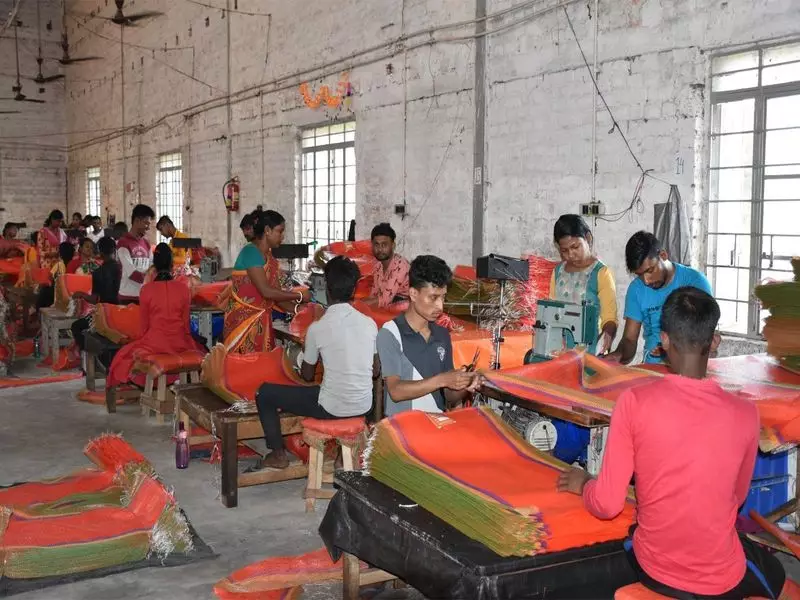
The Indian plastic industry is raising serious concerns about the implementation of new Quality Control Orders (QCOs) for polymers and plastic products, calling for a more balanced approach that considers ground realities faced by manufacturers.
Industry Voices Implementation Challenges
Major industry associations including the All India Plastics Manufacturers' Association (AIPMA) and the Chemicals and Petrochemicals Manufacturers' Association (CPMA) have jointly approached the government seeking modifications to the recently announced QCOs. The industry acknowledges the importance of quality standards but emphasizes the practical difficulties in immediate implementation.
The primary concern revolves around the limited testing infrastructure available across the country. With only 35-40 Bureau of Indian Standards (BIS) approved laboratories capable of handling polymer testing, the current system cannot cope with the massive demand from thousands of manufacturers seeking certification.
Industry representatives highlight that the testing backlog could stretch to several months, potentially disrupting supply chains and affecting numerous downstream industries that depend on plastic raw materials.
Specific Products Under Scrutiny
The QCOs cover a wide range of essential plastic products that affect both industrial and consumer sectors. The list includes polypropylene materials used in packaging, high-density polyethylene for containers, and various polyethylene terephthalate applications.
Other significant products falling under the new quality regime include polyvinyl chloride compounds, acrylonitrile butadiene styrene used in consumer goods, and several types of engineering plastics crucial for automotive and electronics industries.
The industry has specifically requested the government to exempt plastic raw materials meant for export from the QCO requirements, arguing that these products already comply with international standards and additional certification would make Indian manufacturers less competitive in global markets.
Seeking Practical Solutions
Industry bodies have proposed several practical solutions to ease the implementation burden. They suggest extending the implementation timeline to allow manufacturers adequate time to obtain BIS certification without disrupting production.
Another key recommendation involves expanding the testing infrastructure by recognizing more private and government laboratories as authorized testing centers. This would significantly reduce the current bottleneck in the certification process.
The associations have also requested simplified certification procedures for micro, small, and medium enterprises (MSMEs) who form the backbone of the plastic manufacturing sector but lack the resources to navigate complex compliance processes.
Industry leaders emphasize that while they fully support the government's quality initiatives, the transition needs to be managed carefully to avoid supply chain disruptions that could affect everything from packaging materials to automotive components and consumer products.
Broader Economic Implications
The plastic and polymer industry in India represents a significant economic sector with substantial employment generation. The implementation of QCOs without adequate preparation could affect numerous downstream industries and potentially lead to price increases for consumers.
Industry experts note that a balanced approach to quality control implementation would benefit all stakeholders - manufacturers can maintain production continuity, consumers receive quality products, and the government achieves its quality objectives without economic disruption.
The final decision on these representations is awaited from relevant government departments including the Ministry of Chemicals and Fertilizers and the Bureau of Indian Standards.






